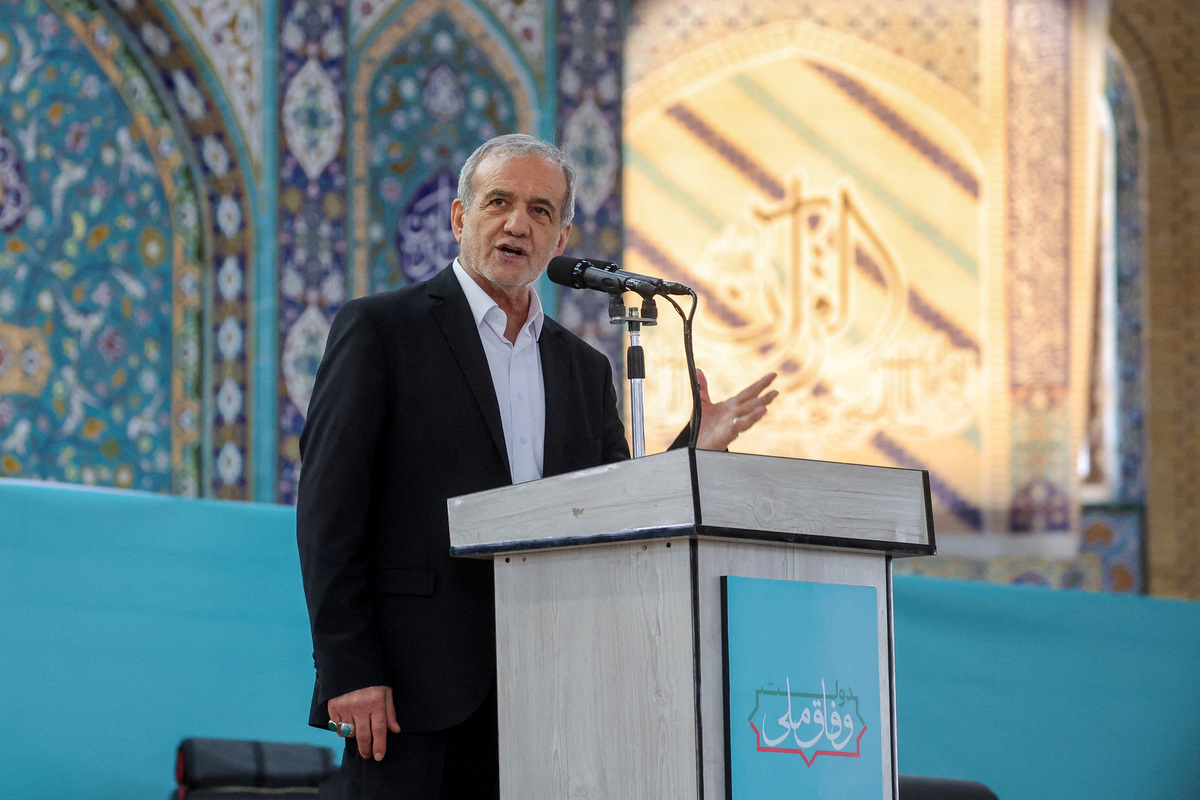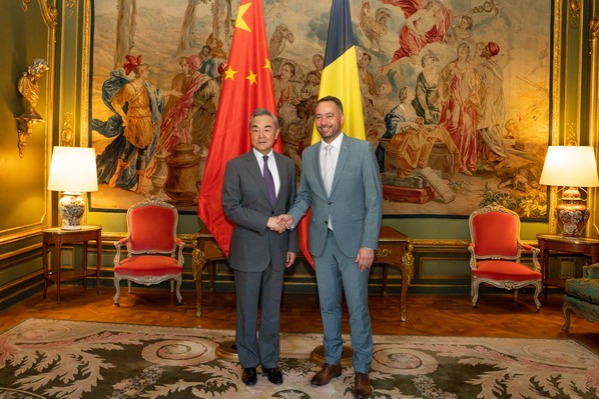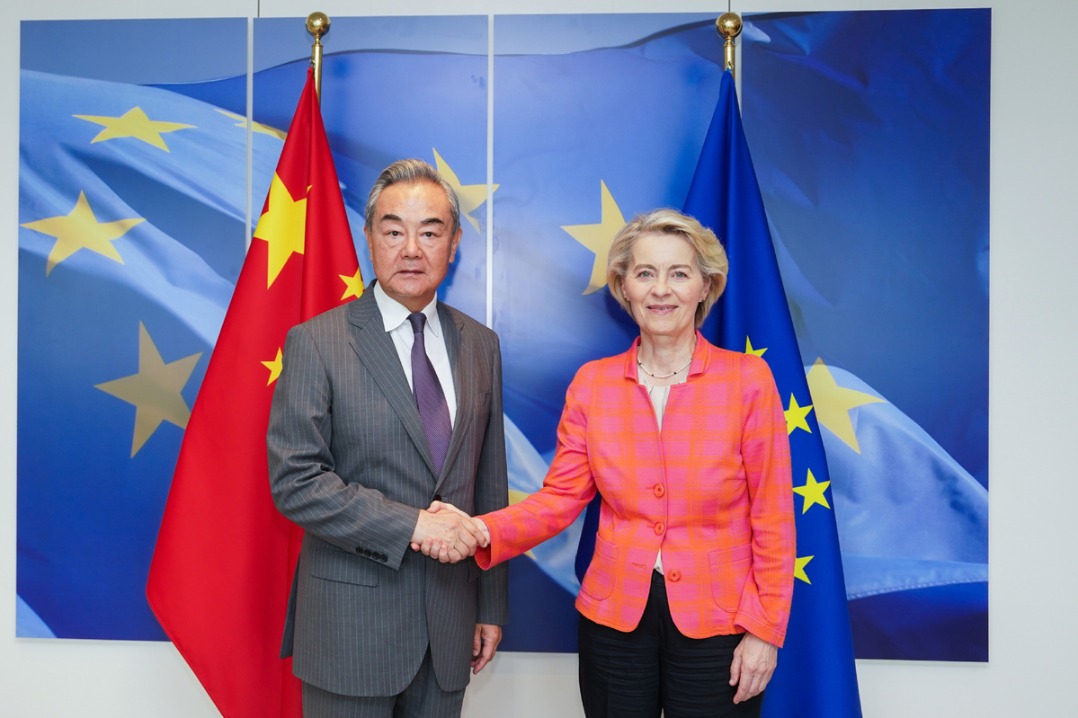No more cooperation with IAEA, Tehran says


Iran's President Masoud Pezeshkian on Wednesday signed into law a bill passed by parliament last month to suspend cooperation with the International Atomic Energy Agency.
The move came amid accusations that the United Nations nuclear watchdog provided a justification for Israeli airstrikes on Iran — which began just a day after the agency adopted a resolution critical of Tehran — and failed to condemn the bombing of Iranian nuclear sites by Israel and the United States.
"The government is mandated to immediately suspend all cooperation with the IAEA under the Treaty on the Non-Proliferation of Nuclear Weapons and its related Safeguards Agreement," state TV quoted the law as saying. "This suspension will remain in effect until certain conditions are met, including the guaranteed security of nuclear facilities and scientists."
In the predawn darkness of June 13, Israel launched a "preemptive" attack on Iran, decimating senior military leaders and destroying ballistic missile arsenal. The assault also struck nuclear energy sites and military installations, with Israel claiming Iran was within reach of weapons-grade uranium enrichment.
On June 22, US forces bombed three Iranian nuclear facilities. In retaliation, Iran struck a US air base in Qatar.
The legislation stipulates that any future inspection of Iran's nuclear sites by the IAEA needs approval from Iran's Supreme National Security Council. However, it offered no timeline or detailed explanation of what the suspension would entail.
The IAEA, which has long monitored Iran's nuclear program, did not immediately respond to a request for comment.
'Without discrimination'
In a phone call with French President Emmanuel Macron on Sunday, Pezeshkian urged the IAEA to avoid double standards and uphold the rights of all members without discrimination, Iran's Tasnim News Agency reported.
The question is why should Israel — a country that is not a signatory to the Non-Proliferation Treaty and has violated international rules for years — become a basis and reference for the IAEA's reports, Pezeshkian said.
He said even if Iran resumes cooperation with the IAEA, there would be no guarantee its nuclear facilities would be safe from future attacks. The first step toward rebuilding trust, he said, is the agency's full commitment to its own rules and regulations.
Iran's decision drew swift condemnation from Israeli Foreign Minister Gideon Saar, who urged European parties to the 2015 Iran nuclear deal to implement its "snapback" clause — a mechanism that would reimpose all UN sanctions on Iran if any Western signatory declares Tehran to be in breach of the agreement.

































